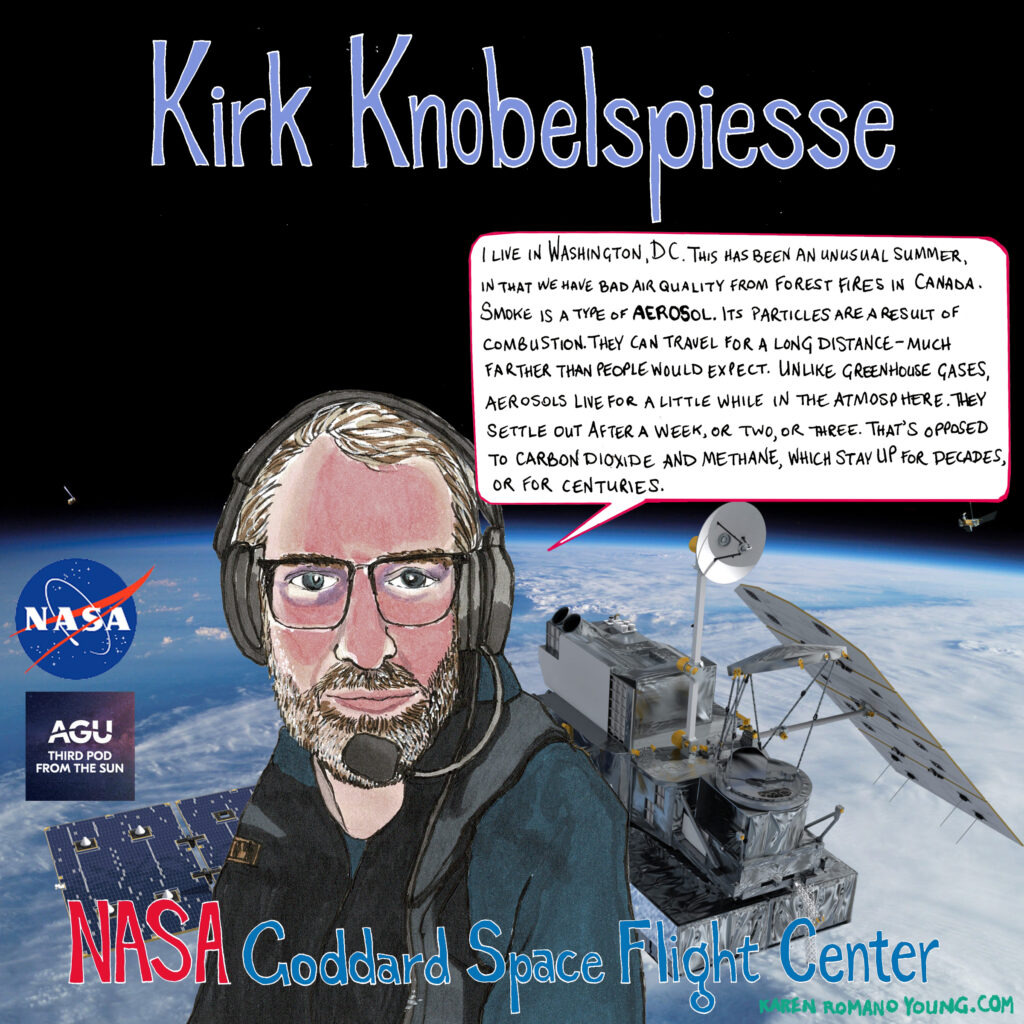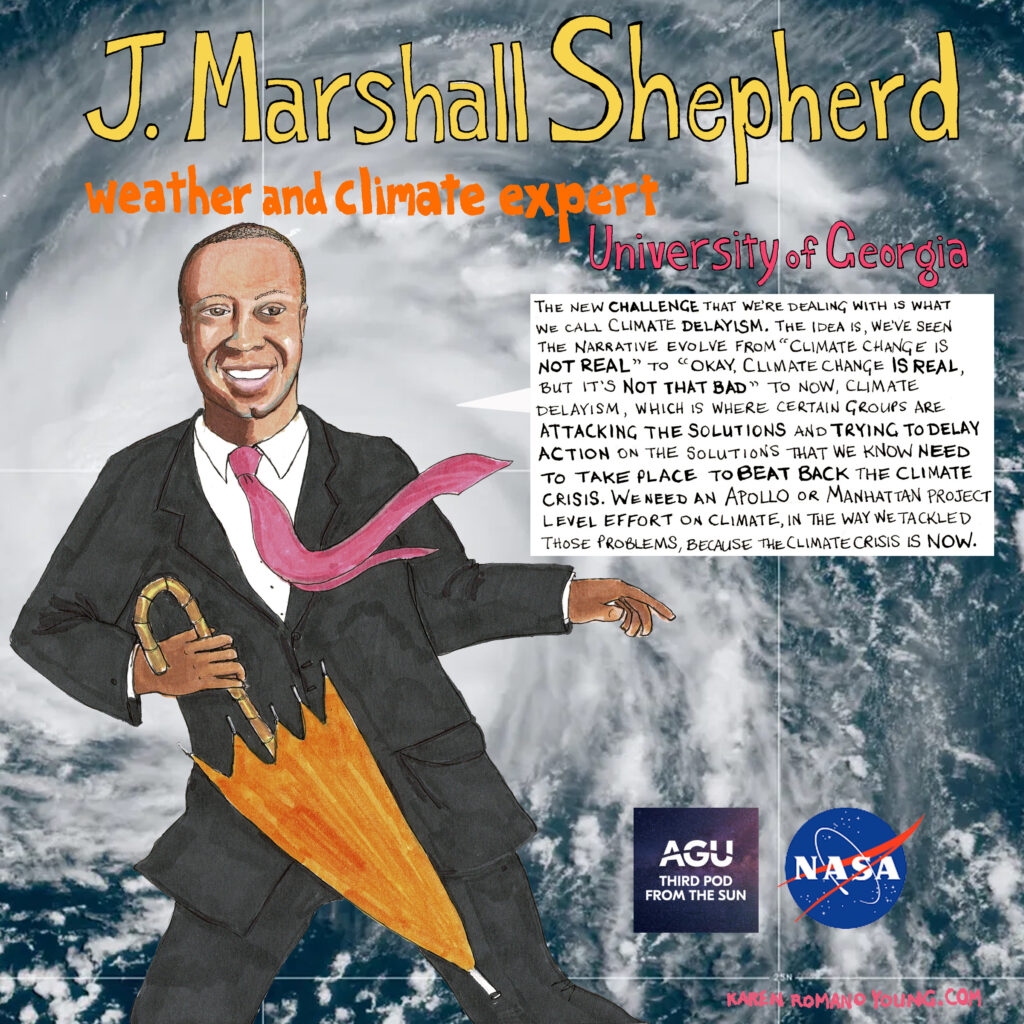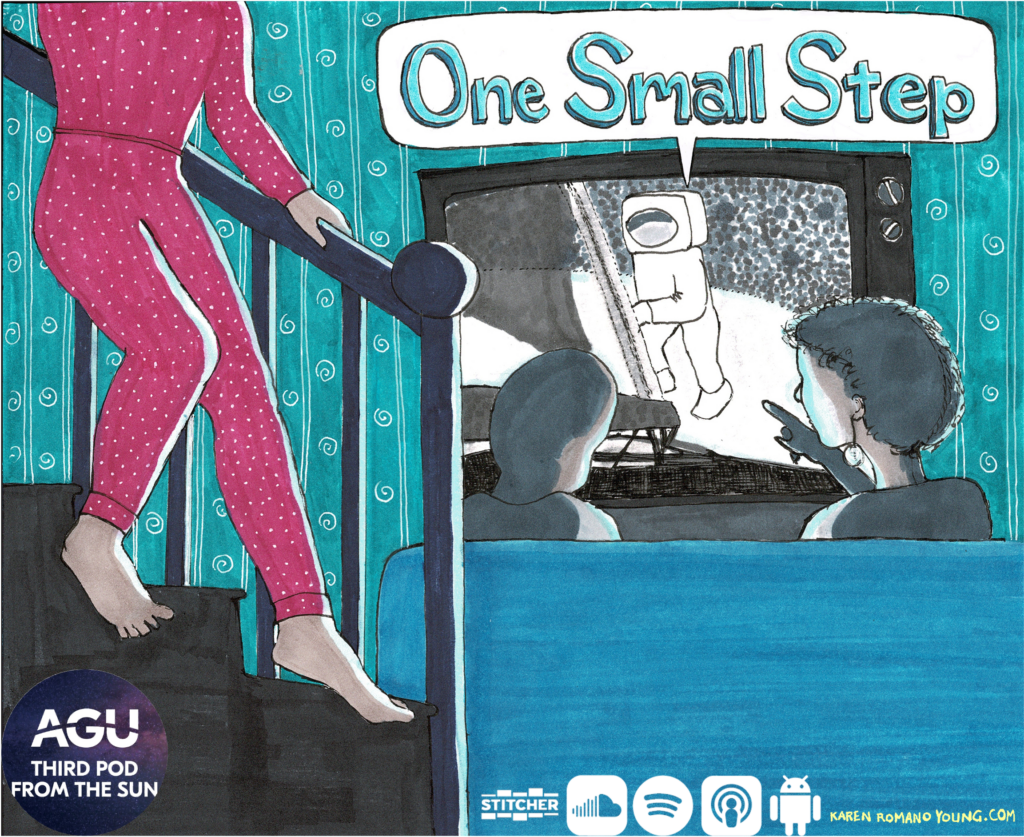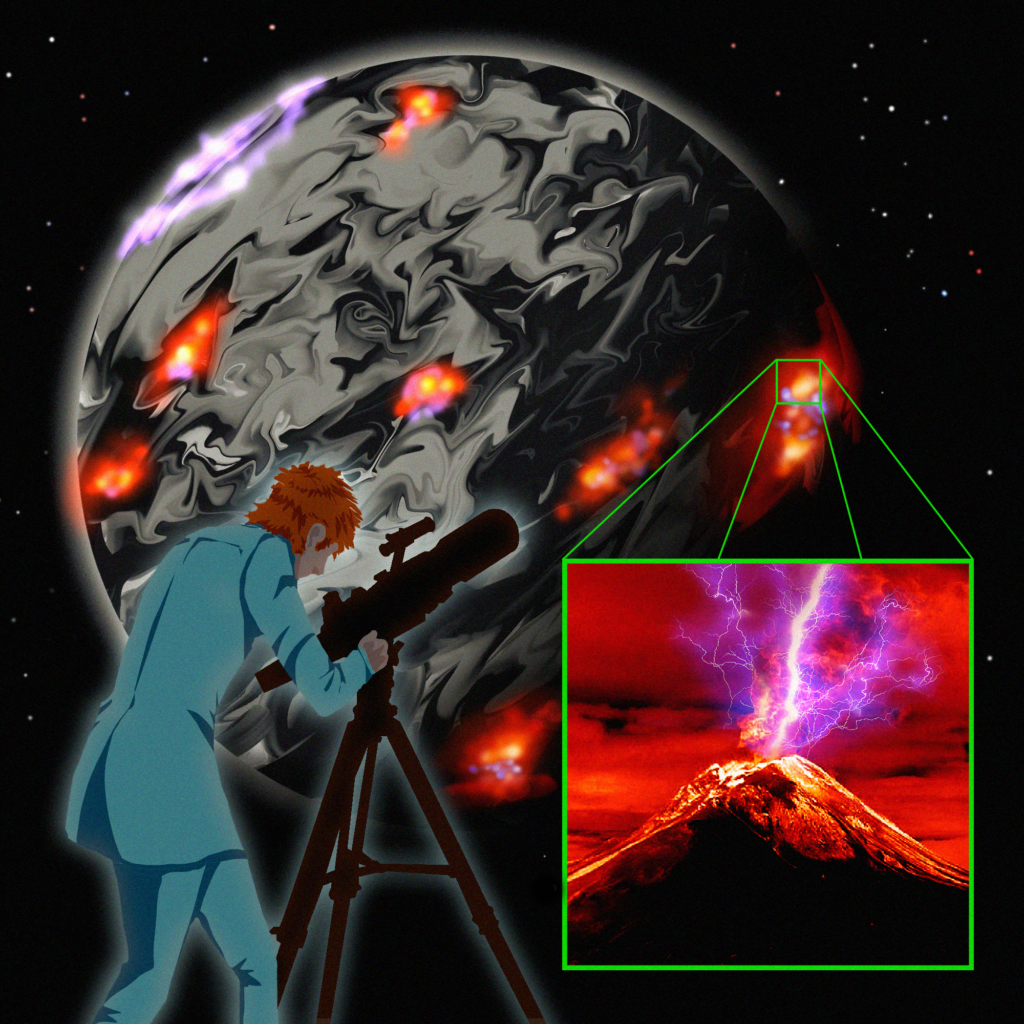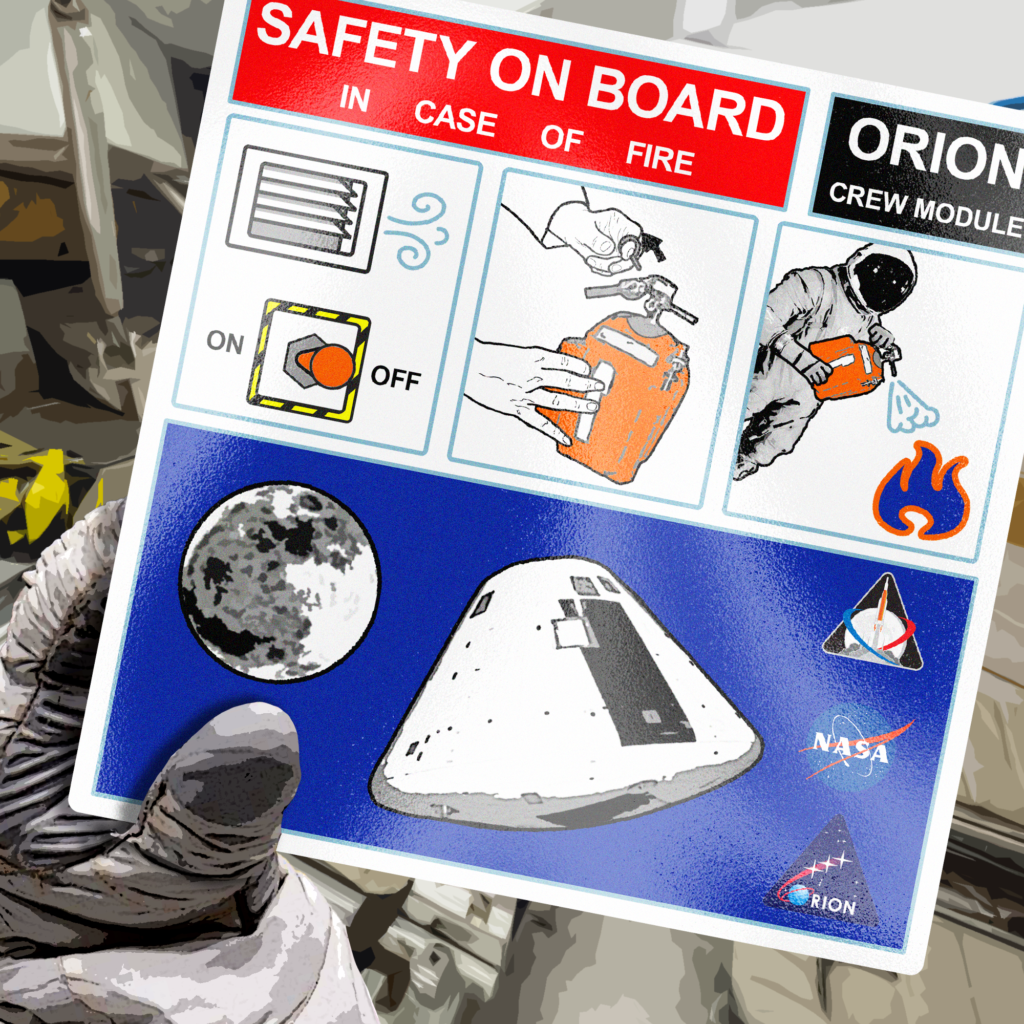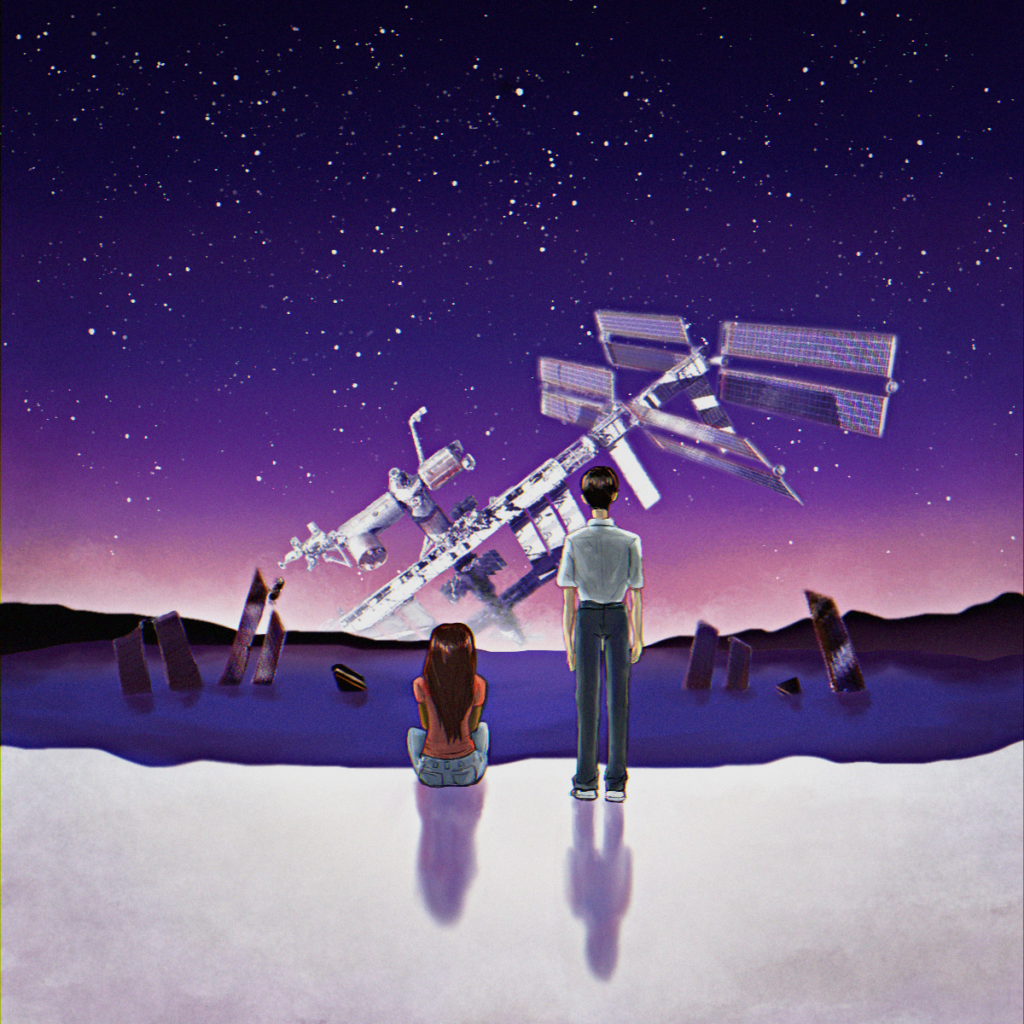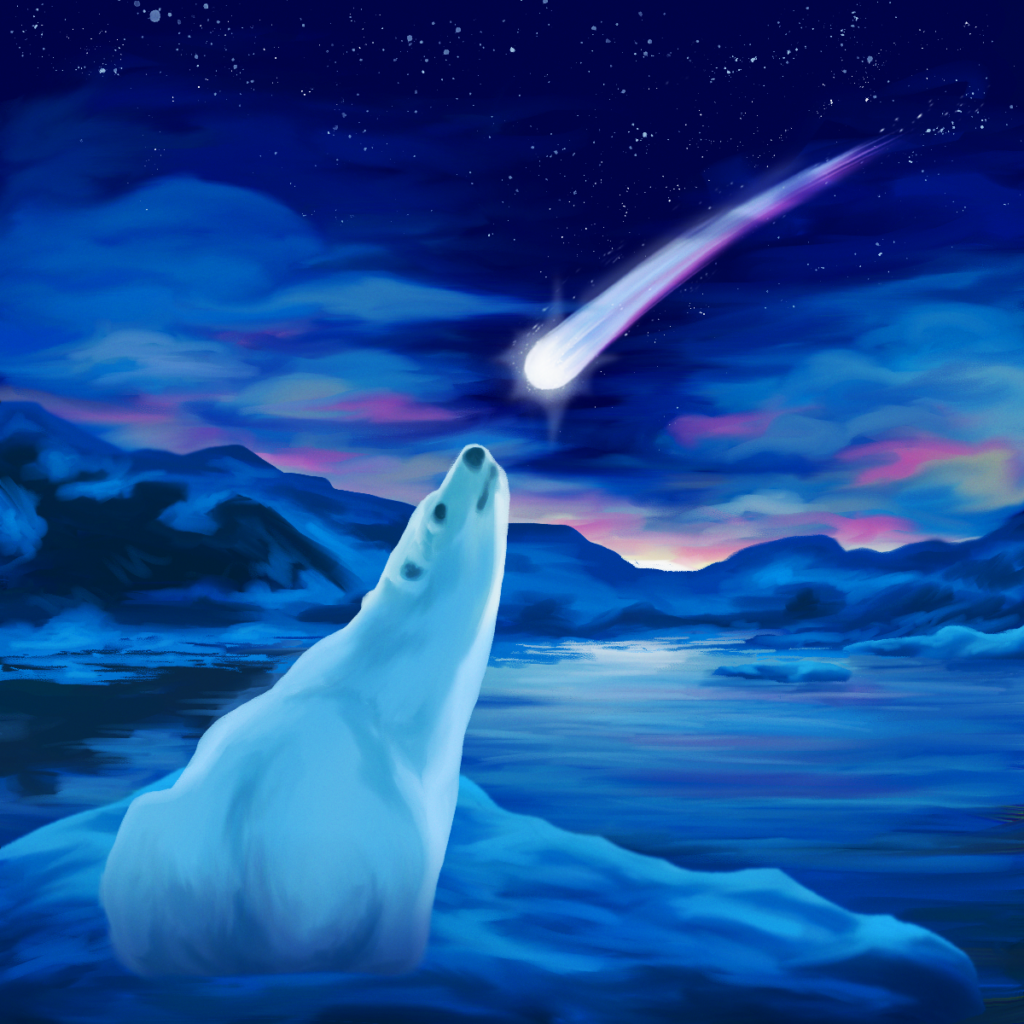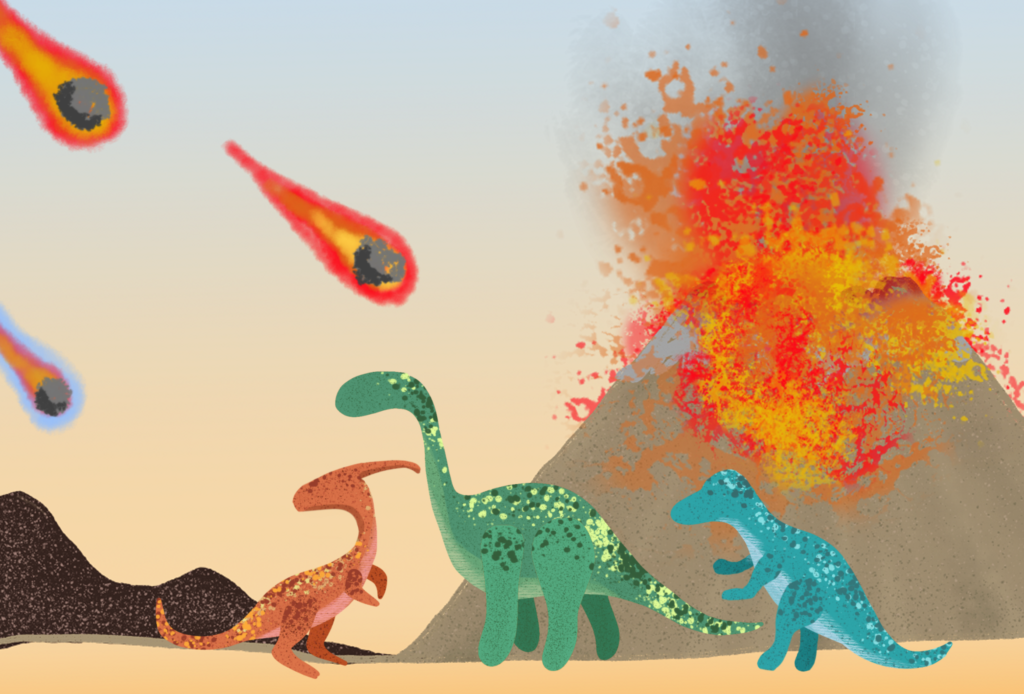Atmosphere
Invisible forces: Gravity of the (Venus) situation
What goes up must come down, right? Well, what if things go up and come down slightly slower than you might expect? Are there balloons attached? Filled with helium?
Are you on Venus?
Read MoreInvisible forces: Through the cloud of atmospheric aerosols
If you’re a scientist in an oceanography department, you’re probably studying the ocean, right? Well, part of your job might be studying things like phytoplankton, the tiny oceanic powerhouses that play a crucial role in our planet’s ecosystem. But how about clouds? Oh, and the properties of light, too?
Read MoreOne giant leap: For meteorology & climate communication
As a leading international expert in weather and climate and Georgia Athletic Association Distinguished Professor of Geography and Atmospheric Sciences at the University of Georgia, James Marshall Shepherd knows a lot about climate, and just as importantly, how to talk about it.
Read MoreOne small step…for Third Pod?
We’re back! And this time, we’re heading to the moon! Well, not the moon, but to space! Well, that’s not quite true either. But we are starting season two with a series all about people who with for and with NASA.
Read More28-Fire: Does a planet need life for fire to burn?
Think about what types of things burn: wood, grasses, fossil fuels… mostly things that were formed by life. Fire also requires oxygen, which is largely produced by life. Did Earth have fire before life evolved? Could any other planets have fire? If there were an exoplanet with fires burning, would we have any way to detect that?
Read More26-Fire: Deep space burn
At the end of the decade, NASA’s Artemis missions will return to the moon—traveling through deep space to get there. A lot of things make deep space travel complicated, but one you might not have considered is the risk of fire on the space craft. And how to put fires out if they do start?
Read More18.5-The (not so) secret histories of scientists
Science is all about experimentation, discover, and sharing those results. But what happens behind the scenes? What stories do scientists have to tell that don’t make it in the manuscript or the classroom lecture?
Read More12-Extinctions: Space station splashdown
The International Space Station feels like a permanent fixture. It’s been up there since 2000! But earlier this year, NASA announced it is bringing the ISS back to earth in the 2030s as it plans for new space stations.
Read More10-Extinctions: Showdown of the giant space rocks
Dani DellaGiustina is one of the youngest leaders of a NASA mission, and she was in charge of image processing for OSIRIS-REx before she even got her PhD. OSIRIS-REx is a spacecraft sent to study asteroid Bennu and scheduled to return a sample to Earth in 2023.
Read More7-Extinctions: Dinosaurs, a Big Rock, and…Climate Change?
When you hear the word “extinction,” chances are you probably think of the extinction of the dinosaurs and a big rock. But did you know that there were other factors at play that lead to that extinction including volcanos and sea-level rise?
Read More

